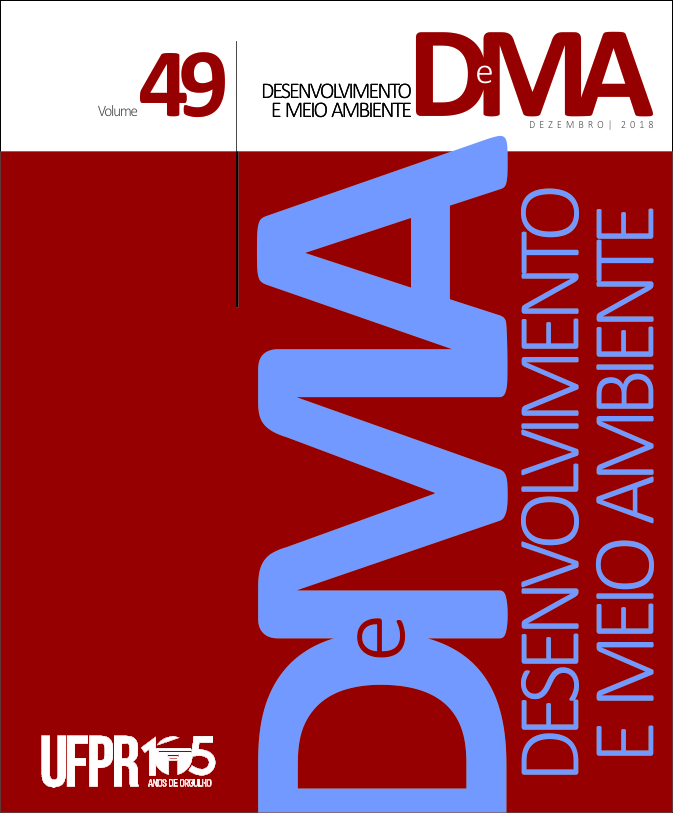Food and climate change: perceptions and the potential of behavioral changes towards mitigation
DOI:
https://doi.org/10.5380/dma.v49i0.54835Keywords:
climate change, perception, dietary behavior, food waste, educationAbstract
Urban areas are responsible for environmental problems at the global scale and are also vulnerable to local and global environmental impacts. In addition to the impacts of deficient urban planning on the environment, climate change will have environmental, socioeconomic and cultural impacts in urban areas. In the food sector, climate change will possibly cause impacts in the whole food chain, altering dietary practices and food security. On the other hand, dietary behavior patterns should also be taken into consideration, since those have an important role in the emission of greenhouse gases. From this perspective, climate and food system perceptions, as possible drivers for behavioral changes, are of great importance in the search of solutions for contemporary socioeconomic issues. Therefore, an investigation with graduate students (N=1526) from various study areas of the University of Brasilia, Brazil, was developed, aiming to understand the perceptions regarding climate change and the food sector. The researchers found that, in addition to the perception of climate change and the impacts in urban areas, various impacts are perceived on the food sector. The observed patters are discussed as a means to indicate a role for dietary education in behavioral changes towards food usage and choices more compatible to a sustainable diet, with positive impact for the environment, individuals and communities.
Downloads
Published
How to Cite
Issue
Section
License
Copyright on works published in this journal rests with the author, with first publication rights for the journal. The content of published works is the sole responsibility of the authors. DMA is an open access journal and has adopted the Creative Commons Attribution 4.0 Not Adapted (CC-BY) license since January 2023. Therefore, when published by this journal, articles are free to share (copy and redistribute the material in any medium or format for any purpose, even commercial) and adapt (remix, transform, and create from the material for any purpose, even commercial). You must give appropriate credit, provide a link to the license and indicate if changes have been made.
The contents published by DMA from v. 53, 2020 to v. 60, 2022 are protected by the Creative Commons Attribution-NonCommercial-NoDerivatives 4.0 International license.
DMA has been an open access journal since its creation, however, from v.1 of 2000 to v. 52 of 2019, the journal did not adopt a Creative Commons license and therefore the type of license is not indicated on the first page of the articles.




